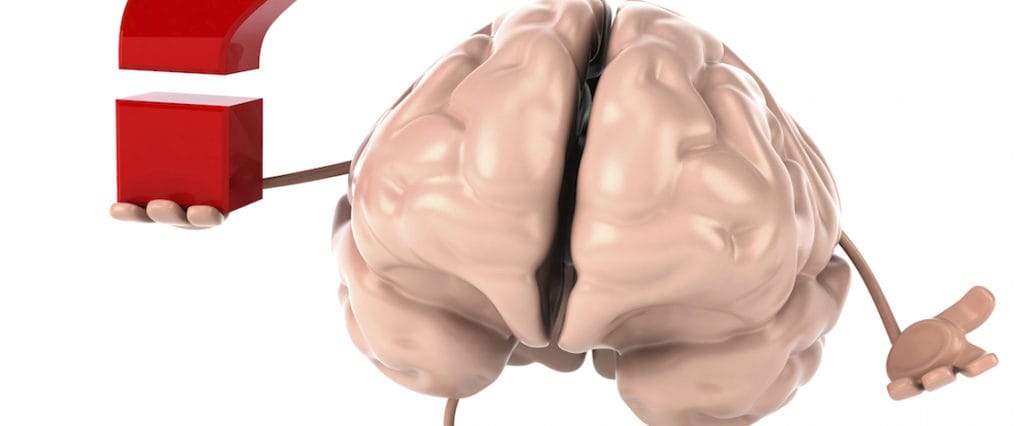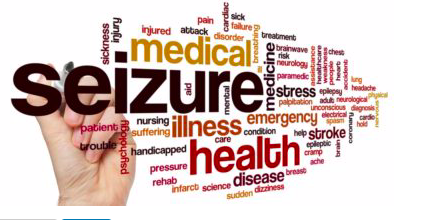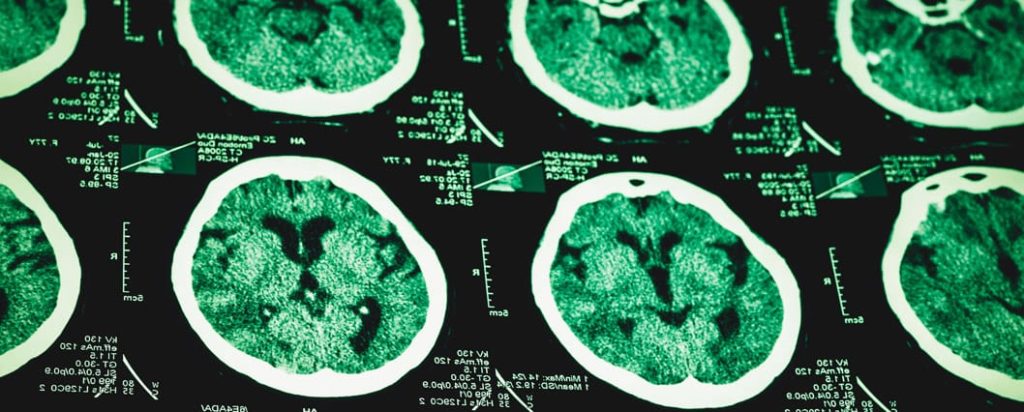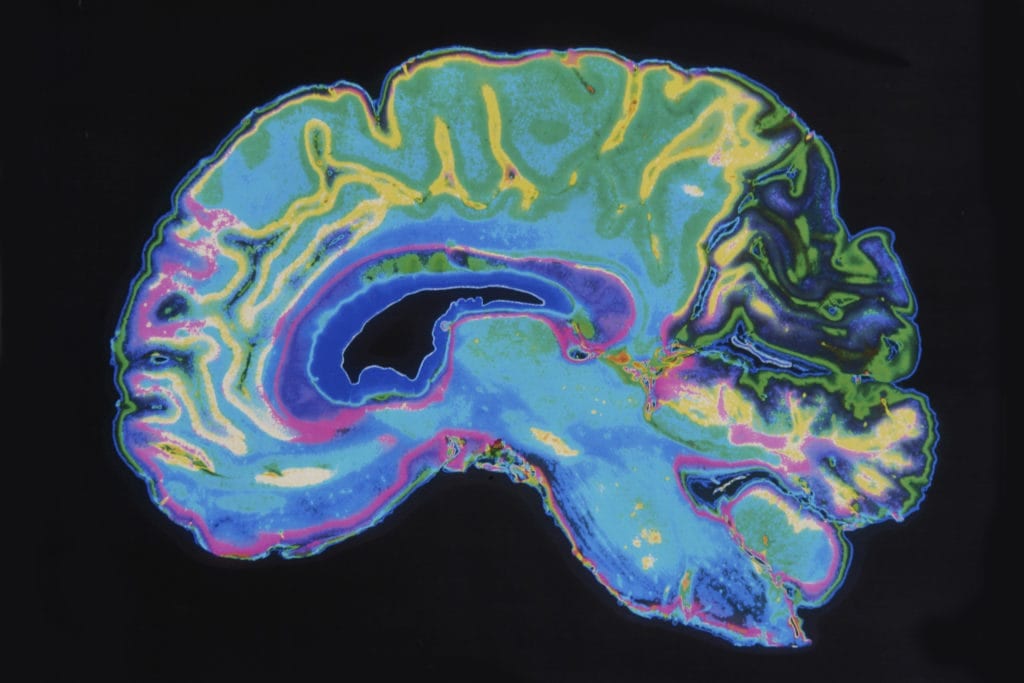Why Anti-Depressants Don’t Work for Some
More than half of people who take antidepressants for depression never get relief. New research from Northwestern University Feinberg School of Medicine finds that this is because the cause of depression has been oversimplified and drugs designed to treat it are aiming at the wrong target. Science Daily reports that a study from the laboratory …










